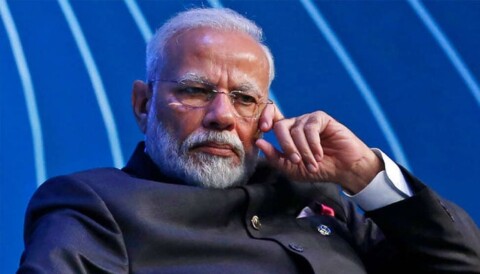In a massive global crackdown, WhatsApp has deleted more than 6.8 million accounts suspected of being involved in a notorious online scam known as the “pig butchering” scheme.
The accounts were reportedly connected to criminal syndicates operating from Southeast Asia, particularly Myanmar and Cambodia, where people are tricked into forced labor and used to target victims worldwide.
What Is the Pig Butchering Scam?
The term “pig butchering” refers to a type of scam where fraudsters build fake relationships or offer false job opportunities online. Once trust is established, victims are manipulated into investing in fake cryptocurrency platforms or transferring money through fraudulent channels.
This organized scam has been spreading globally, with billions of dollars reportedly stolen from unsuspecting individuals across various countries.
Victims Trapped in Digital Slavery
According to reports, the criminal networks lure people with fake job offers, then force them into running scam operations under harsh and abusive conditions — a situation that’s being described as virtual slavery.
Many of these scam centers are based in countries like Cambodia and Myanmar, where vulnerable individuals are exploited to commit cyber fraud at scale.
WhatsApp’s Response
In response to the growing threat, WhatsApp has taken proactive action by removing millions of suspicious accounts linked to these fraud networks. The company stated that protecting user safety is a top priority and that they are actively working with law enforcement agencies to curb such criminal activities.
A Global Wake-Up Call
This crackdown is a major step in the fight against cybercrime, but experts warn that these scams are becoming more sophisticated. Users are advised to stay vigilant, avoid sharing personal information online, and report suspicious activity immediately.
The deletion of over 6.8 million WhatsApp accounts highlights the alarming scale of organized online fraud and the urgent need for awareness and security. As scam tactics evolve, platforms like WhatsApp must continue to take strong actions to safeguard global
users from financial and emotional harm.







